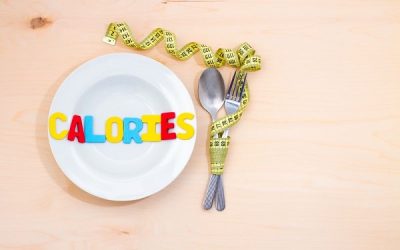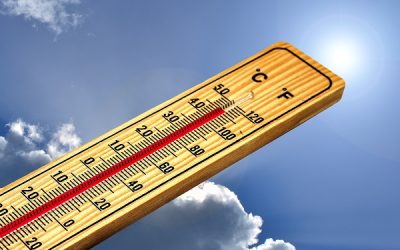Believe it or not, “sleep dieting” is an actual thing. In fact, the idea of dieters being able to lose weight while sleeping goes back quite a long time, as old beliefs suggested that you can boost up the hormones that promote healthful weight loss throughout the time that you’re sleeping.
What most people now want to know is whether or not the ideas of being able to lose weight while sleeping is legitimate or whether it is an “old wives tale”…or simply as scam.
It’s natural to wonder whether or not it’s really possible to lose weight in your sleep. After all, it does sound too good to be true. Moreover, most healthful weight loss strategies suggest that the best way to lose weight is to make sure you’re burning more calories than you consume, which typically indicates a balance of reduced caloric intake an increased physical exercise to the point that you’re burning a larger amount than you’re taking in.
Sure, while you’re sleeping you’re not eating, but you’re not exercising, either, so is sleep dieting real?
Many of the most popular concepts about sleep dieting are wrapped around the idea of the natural fluctuations of hormones throughout the night and in using those to your best fat burning advantage. After all, if you could boost the rate of fat burning throughout the period of time when you’re not eating anything for several hours and are too unconscious to be hungry, then that would make weight loss a lot easier than it currently is, right?
Most dieting experts are quick to point out that “sleep dieting” is really just the fad name for one of the oldest dieting tricks known, which is intermittent fasting. That strategy – though the same – has been becoming quite popular under other names such as the Warrior Diet and Eat Stop Eat. Fasting is also a central component in Paleo and CrossFit.
The concept is simply a matter of abstaining from food for a period of time that is greater than six hours. This is something that has been practiced for as long as recorded civilization – either out of necessity or requirement because it was a survival technique. Because it is ingrained in our biology, it means that humans have adapted in order to burn fat differently when the body has registered that food is scarce. It places the focus on burning fat in order to preserve muscle and bone mass.
However, many doctors are calling intermittent fasting in combination with sleep simply another gimmick. While it is a strategy that allows for fasting without having to feeling the discomfort of hunger, it has yet to be shown in large scientific study to actually impact weight over the long term.








